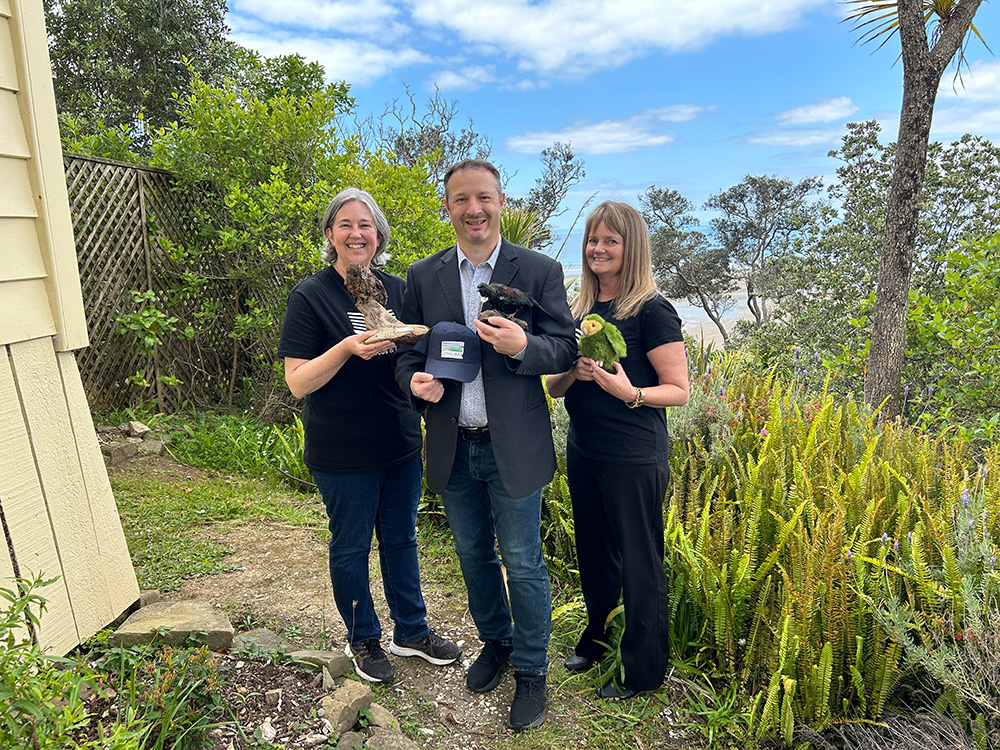How romance scammers can steal your heart and your money
John waits nervously by the airport arrivals gate. His fiancée, Tania, is flying in today. After months of online messaging and helping her overcome numerous hurdles, they’re finally going to meet. He shuffles from foot to foot, switches hands for the bouquet of flowers, looks at her photo again, and rechecks his watch. He glances anxiously at his son, who tries to offer a reassuring smile. They’ve been waiting a while. Tania’s flight information creeps closer to the top of the board. All the passengers have come through now, but there’s no sign of her. Feeling increasingly uneasy, John calls her phone again. The number’s been disconnected. As they walk slowly back to the car, his son asks quietly, “Dad, how much money did you send her?” John is too distressed to reply.
Financial scams are, sadly, a daily reality. Almost all of us have been targeted with alarmist text messages, phone calls, or emails trying to persuade us to click on the link, download an app, verify our address, or “act now” to avoid losing all our photos, cancel an expensive (fake) order, or confirm a (phoney) bank transaction.
But perhaps the cruellest approach of all is the romance scam, when fraudsters trick people who are genuinely seeking a relationship into giving them money, gifts, or personal information, which they then use as leverage. These often start on social media or dating apps, with scammers deliberately targeting those who have recently divorced or lost their partner. It’s ruthlessly exploitative; a heightened emotional state makes their intended victim more vulnerable and easier to manipulate.
In New Zealand, 645 romance scams were reported to Netsafe in the last two years (to mid-March 2024), with estimated losses of over $4.5 million. The actual figures are likely to be higher, as some victims will have been too ashamed to come forward. Australia’s Scamwatch had more than 3,400 romance and dating scams reported to it in 2023 alone, with losses of more than $33 million. People aged 55 and 64 lost the most money (more than $10 million), followed by those aged 65 and over, who lost $7.5 million.
What does a romance scam look like?
Online dating scams can take many forms. According to cybersecurity firm Norton, these are the eight most common:
Fake dating sites
These claim to be legitimate but are actually filled with scammers and have been created to mine personal information.
Photo scams
The scammer convinces the target to send personal information in exchange for intimate photos.
Military romance scams
The scammer poses as a member of the military, typically deployed overseas. They build trust using military terminology, then ask for money to cover expenses like flights home.
Intimate activity scams
The scammer connects with their target on multiple social media websites. Once they become closer, the scammer convinces them to undress and then threatens to release the recordings.
Code verification scams
The scammer sends a fake verification code via email or text, supposedly for a dating app or website. Once clicked, it will ask for personal information, such as credit card details.
Inheritance scams
The scammer convinces their target that they need to get married to claim their inheritance. In this case, they will ask for help paying for things like airfares.
Malware scams
Malware is software designed to disrupt or gain access to someone’s computer without permission. In this case, the scammer directs their target to a website that looks legitimate but is loaded with malware.
‘Sugar daddy’ scams
The scammer presents as a wealthy individual looking to send money to a younger person in exchange for online companionship. Once they build their victim’s trust, they’ll ask for an upfront fee or personal information before they’ll send an allowance.
What are the warning signs? How to spot and avoid romance scams.
Be really wary about who you interact with online. A good first step is to check that your social media profiles have their privacy settings locked down to limit who can see your information. Being able to access photos of you, for example, walking your dog on the beach or attending a concert by your favourite performer, gives a scammer an easy “in” as a conversation starter.
Netsafe advises:
- Do not respond to requests or hints for money.
- Never send money to anyone you don’t know or haven’t met in person.
- Avoid giving out personal details (e.g., your date and place of birth, name of your first pet, mother’s maiden name, any login details and passwords, passport details) that could be used to impersonate you.
Romance scammers use fake identities and photographs. According to Netsafe, photos of models and military personnel are popular, but any photo published publicly online could be stolen. To check if someone’s profile picture is genuine, you could use a reverse image search using Google Images.
- Download a copy of the person’s photo to your mobile device.
- Go to Google Image search, select the camera icon, and upload the photo.
- Google will produce a list of places where the photo is being used online.
Netsafe notes that this is a useful tool but “not a fail-safe way to detect romance scams”. It also suggests running the search on more than one image of the person, and to bear in mind that fraudsters will often use the same photo/s for more than one scam they’re running – which in itself raises an important point.
Many scams operate like professional businesses, with “employees” who are very skilled at their job. They are relentless and utterly without shame. When the scam is uncovered, they want their victims to feel too embarrassed or foolish to report it.
What to do if you’ve been scammed
As soon as you suspect anything, stop all communication with the other person.
Then, contact Netsafe on 0508 638 723 for free and confidential advice about what to do next. The team is there to help, not to judge.
You could also contact NZ Police, but the scammer is likely based overseas. Unfortunately, Netsafe states: “If you’ve sent money offshore (via a money transfer service) it is unlikely these funds will be recovered or the offender(s) identified…”
How to report a scam
Go to report.netsafe.org.nz/hc/en-au/requests/new and click on Scams.
Resources to help you keep yourself safe from the scammers:
nz.norton.com/blog/online-scams/romance-scams
netsafe.org.nz/easy-read-romance-scams
netsafe.org.nz/romance-scams
netsafe.org.nz/scam-tips
scamwatch.gov.au/protect-yourself/ways-to-spot-and-avoid-scams






